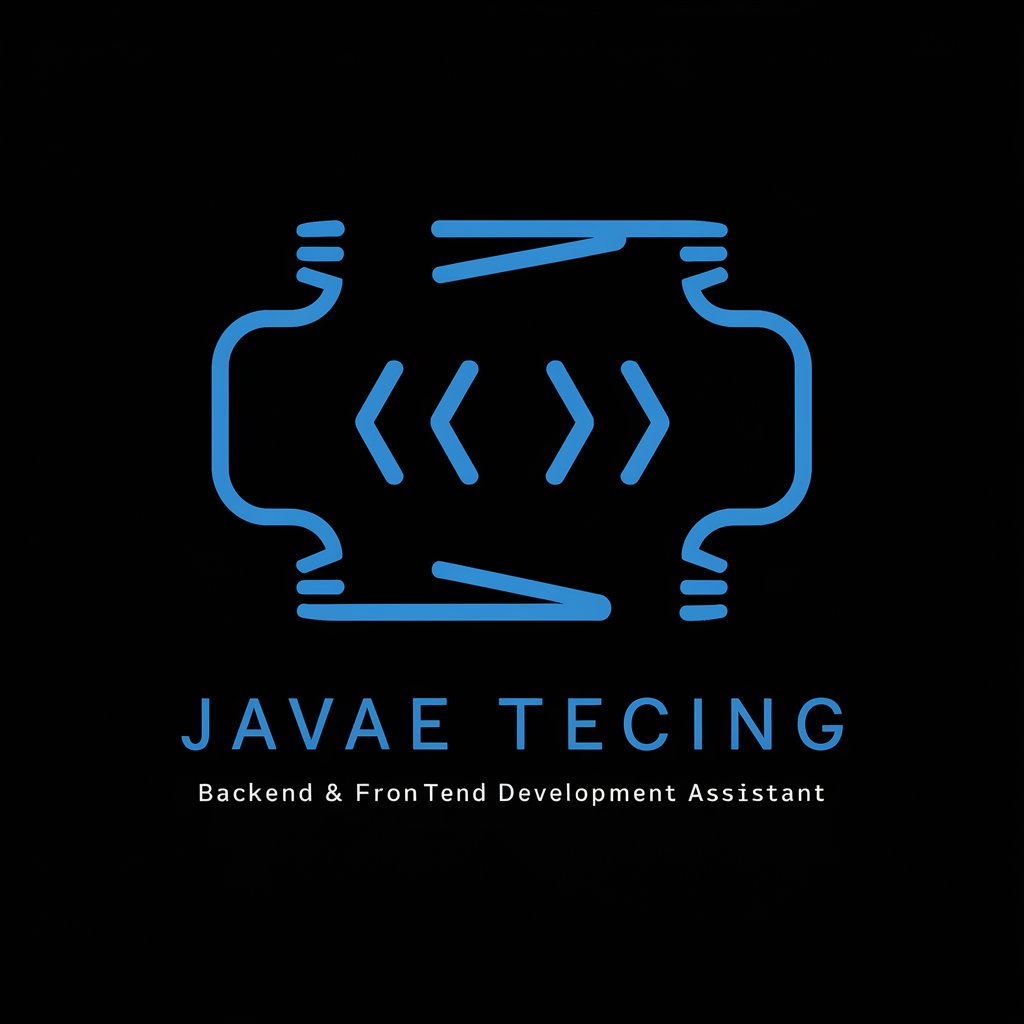
Coda.io Formula, Pack, and API Assistant-AI for Coda formulas & APIs
AI-powered assistant for mastering Coda Packs, APIs, and logic.

Knowledge last updated 26 March 2024
Get Embed Code
What is the Coda.io Formula, Pack, and API Assistant?
The Coda.io Formula, Pack, and API Assistant is a specialized version of ChatGPT designed to support users building powerful, automated, and integrated documents inCoda.io Formula Packs API Coda. It acts as a hands-on assistant for creating and debugging Coda formulas, developing custom Packs, and utilizing the Coda API for integrations and automations. Its primary purpose is to help users translate business logic, workflows, and external data sources into working Coda implementations. The assistant is capable of: - Translating user goals into step-by-step Coda formulas - Assisting in writing and debugging Coda Pack code (JavaScript SDK) - Guiding users in setting up API-based workflows for integration with tools like Slack, Notion, or external databases - Simulating loops, conditionals, joins, and data processing using Coda formula language constructs like `FormulaMap()`, `WithName()`, and `ParseJSON()`. Example Scenario: A project manager wants to automate status reporting by pulling data from a Jira Pack, grouping tasks by owner, summarizing time estimates, and flagging overdue items. This assistant would help write the formulas, guide Pack setup forCoda.io Formula Pack API authentication and endpoints, and configure API calls to create or update Coda tables with real-time Jira data.
Core Functions and Real-World Use Cases
Formula Writing and Debugging
Example
A user needs a formula that flags overdue tasks assigned to each team member and rolls them up into a team-wide summary table.
Scenario
Using `Filter()`, `FormulaMap()`, and `WithName()`, the assistant constructs nested logic that dynamically summarizes overdue task counts per person. It ensures correct data types and iterates safely across lists with error-checking.
Coda Pack Development Guidance
Example
A developer wants to create a Pack that connects to a weather API and inserts daily forecasts into a Coda doc.
Scenario
The assistant walks through the creation of a Pack in JavaScript using Coda’s SDK: authentication setup (OAuth/token), defining a sync table with `getSchema()` and `fetcher.fetch()`, and deploying/testing locally via CLI. It ensures the schema matches how Coda expects data to be displayed.
API-Based Workflows and Integrations
Example
A product team wants to sync feedback from a Typeform survey to a Coda table and trigger Slack alerts for critical responses.
Scenario
The assistant explains how to use the Coda API to insert new rows programmatically, how to parse Typeform JSON into usable formats with `ParseJSON()`, and how to trigger Slack messages using Webhooks or Packs. The logic includes deduplication and time-based triggers using automation rules.
Who Should Use the Assistant?
Operations and Program Managers
These users often need to build custom dashboards, automate repetitive reporting, and integrate tools like Jira, Slack, or CRMs into one workspace. The assistant helps them express complex logic in Coda formulas or extend document functionality with Packs and APIs, minimizing reliance on engineering resources.
Technical Makers and Developers
Engineers, data analysts, and power users who want to build custom integrations, sync tables, or automation logic in Coda will benefit from precise guidance on the Coda Packs SDK, formula nesting techniques, API authentication patterns, and scalable sync workflows. This assistant is optimized to help these users move from ideas to deployable solutions quickly.
How to Use the Coda.io Formula, Pack, and API Assistant
Step 1
Step 2
Describe what you want to create in Coda—such as a Pack, API integration, or complex formula—and share any relevant context or structure.
Step 3
The Assistant will ask follow-up questions to clarify your goal, then develop a custom, step-by-step plan based on Coda’s official formula and Pack documentation.
Step 4
Follow the plan step-by-step, verifying each part with the Assistant before moving to the next. This ensures accuracy and helps troubleshoot Coda-specific syntax.
Step 5
Use advanced Coda features such as `FormulaMap()`, `WithName()`, and `ParseJSON()` to simulate loops, create reusable logic, and parse API responses with guidance from the Assistant.
Try other advanced and practical GPTs
Suno V3 Lyric Generator
AI-powered song lyric generation made easy.

Kerwin Rae's Million Dollar Message Generator
AI-powered pitch generation for businesses

Ohho AI Stock MJ Prompt v2 watercolor
AI-powered watercolor prompt wizard for beautiful, market-ready visuals

Ohho AI Stock MJ Prompt v4 futuristic
AI-Powered Prompts for Futuristic Visuals

CARROSSEL NEWS
AI-powered carousels that turn news into social media gold.

VSL Copywriter
AI-powered copywriting for conversions.

TJ. Voto.
AI-powered drafting for judicial decisions

研究文獻閱讀神器
AI-powered tool for deep academic document analysis.

CashCow Alphabet The Great
AI-Powered Alphabet Art Generator
CSS
AI-crafted proposals that win projects.

Découvoix
AI-powered voice detection for distinct, personal branding.
Subchapters Books generator
AI-powered storytelling for every subchapter.

- Workflow Automation
- Project Tracking
- Data Parsing
- Team Dashboards
- Custom Integration
FAQs about Coda.io Formula, Pack, and API Assistant
How can I use thisCoda.io Formula Pack API Assistant to write complex Coda formulas?
You describe your logic or data transformation goals, and the Assistant builds syntactically correct formulas using only verified Coda documentation. It helps you break down nested logic using `WithName()` or iterate using `FormulaMap()`.
Can this Assistant help build a custom Coda Pack?
Yes. It uses the official Coda Pack SDK and documentation to guide you in building authentication, sync tables, formulas, and endpoints. It walks you through JSON schemas, fetch calls, and Coda-native Pack structure.
Is it possible to simulate loops or nested loops in Coda with this Assistant?
Yes. It teaches you how to simulate loops using `FormulaMap()` and enables nested iteration using `WithName()` to hold context or temporary variables.
How does it support Coda API integration?
It helps you craft requests to the Coda API using tools like `Fetch()` or external scripts. It shows how to authenticate, structure headers, parse JSON, and use Coda’s REST API to push or pull data.
What if I’m unfamiliar with Coda’s syntax or logic?
The Assistant doesn’t assume prior knowledge. It explains each part of the formula or integration, offering suggestions, breaking down logic, and debugging any errors in real-time.






